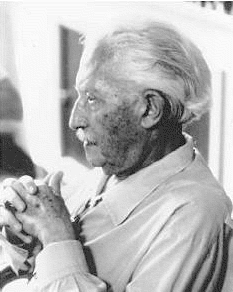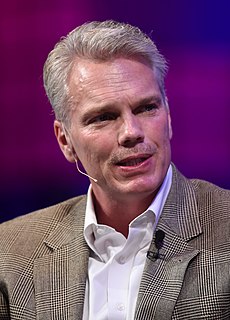A Quote by Franz Kafka
Ours is a lost generation, it may be, but it is more blameless than those earlier generations.
Quote Topics
Related Quotes
These same experiences make of the sequence of life cycles a generational cycle, irrevocably binding each generation to those that gave it life and to those for whose life it is responsible. Thus, reconciling lifelong generativity and stagnation involves the elder in a review of his or her own years of active responsibility for nurturing the next generations, and also in an integration of earlier-life experiences of caring and of self-concern in relation to previous generations.
Because past environmental destruction was the result of ignorance, we can easily forgive it. Today, we are better informed. Therefore, it's essential that we make an ethical examination of what we have inherited, what we are responsible for, and what we will pass on to coming generations. Ours is clearly a pivotal generation. We have global communication and yet confrontation is more common than dialogue.
Everybody talks about the entitlement generation. There is no time I'd rather live in than now, and there is no generation I would more entrust the future of this country to than this one. There is a tendency to live in a nostalgic state in this country, and to think that other generations possessed an integrity and a tenacity greater than the generation that is now. I wholeheartedly disagree with that. I believe that this is a group that will rise up to any challenge that comes before them as well as any other generation in America would have done.
This generation is different. They are not as interested in chasing money or material possessions. I believe that this generation is more interested in seeking social change and a more just society than any generation since those that brought about the civil rights movement and the struggles for human dignity of the 1960s.
I am concerned that Millennials are stressed out. They have a higher suicide rate than other generations at their same age. They have the highest diagnosis of depression at their age than other generations. I think we have raised a generation that does not know how to be sad. They are programmed for success and the threat of failure is devastating.
I've always been so interested in personal history. I'm very fascinated by my parents' and my grandparents' generations. I seem to think that they had a resilience and an integrity that may be somewhat deficient in my own generation, and in subsequent generations as well, because America has been rather easy to live in since the Depression.







































